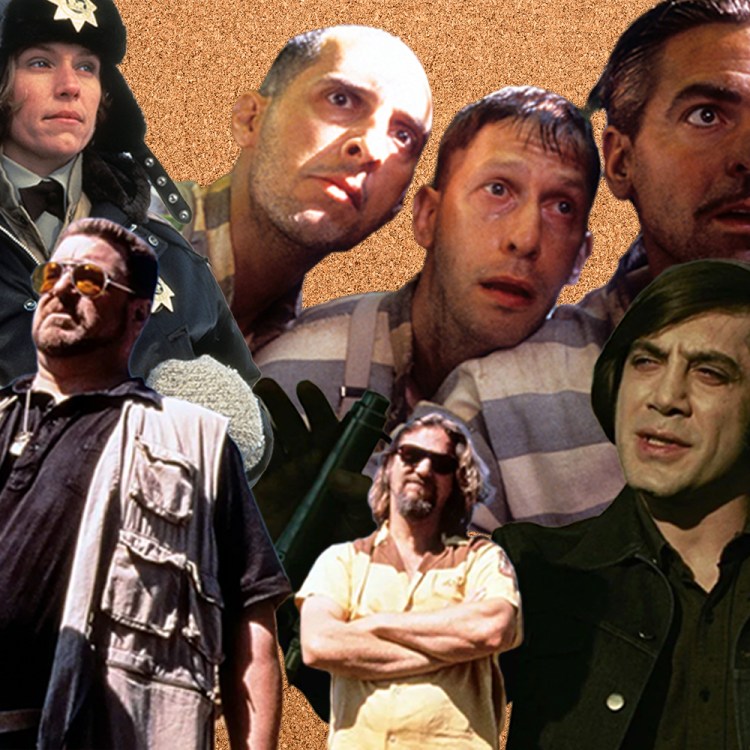Editor’s Note: RealClearLife, a news and lifestyle publisher, is now a part of InsideHook. Together, we’ll be covering current events, pop culture, sports, travel, health and the world.
Reinhold Hanning, a former SS guard stationed at Auschwitz during the Second World War, lived a free postwar existence until three years ago when Germany lifted its statute of limitations for the prosecution of war criminals.
Hanning, who was then 94 years old, suddenly found himself facing justice in June of 2016 when he was charged with 170,000 counts of murder — the approximate number of deaths he oversaw during his tenure as a sergeant at the death camp, the Atlantic reported.
But prosecutors were fighting an uphill battle in trying to get a conviction for a 70-year-old crime that happened in a location that has since been destroyed, along with almost all pertinent record. Add to that Hanning’s claim that he never actually saw victims being gassed to death and prosecutors were nearly out of options.
That is until virtual reality wound up in the courtroom, for the first time, in what might be the last trial of a Nazi that served under Adolf Hitler. As depicted in a new documentary “Nazi VR,” the technology was able to show how, through millions of laser scans, historical blueprints of the site, aerial photographs, and witness testimonies, Hanning, in his position, would have been involved in a process that came to be known as “selection.”
“Selection” at Nazi death camps was the process of monitoring arriving prisoners as they were sorted into groups headed directly into labor or the gas chambers.
“Virtual reality is a great tool to objectively establish what was visible to the defendant,” said David Scheffer, who served as Germany’s war-crimes ambassador from 1997 to 2001, in the film. “So, as Mr. Hanning claimed, ‘I was in such a position that I could not have seen what was occurring elsewhere in the camp,’ the VR will contradict that claim.”
Thanks for reading InsideHook. Sign up for our daily newsletter and be in the know.


















